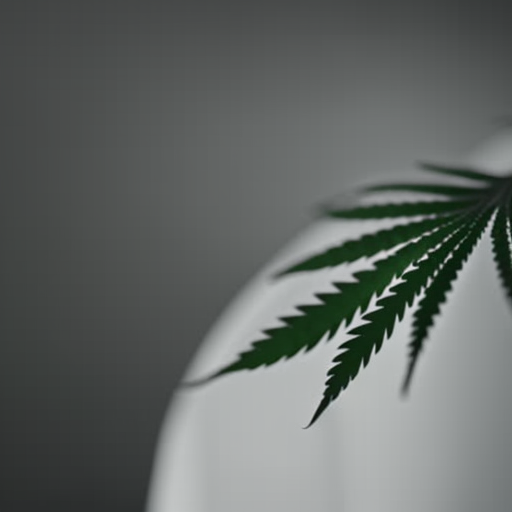 In light of the increasing legalization of medicinal and recreational cannabis in various U.S. states and countries, the need for cannabis analysis and monitoring for consumer safety has grown significantly. It is imperative that these analyses are conducted using environmentally friendly and safe methods.
In light of the increasing legalization of medicinal and recreational cannabis in various U.S. states and countries, the need for cannabis analysis and monitoring for consumer safety has grown significantly. It is imperative that these analyses are conducted using environmentally friendly and safe methods.
The analysis of cannabis plant matter is crucial for examining the chemical composition of different strains, detecting potential contaminants, and testing seized plant material by law enforcement. Key components of interest in these analyses include phytocannabinoids such as tetrahydrocannabinolic acid (THCA) and cannabidiolic acid (CBDA), along with their neutral counterparts, tetrahydrocannabinol (THC) and cannabidiol (CBD). The presence and relative ratios of these phytocannabinoids can provide valuable insights into the potential effects of a particular strain on the human body.
Traditionally, phytocannabinoids have been extracted from plant material using a mixture of methanol and chloroform. However, the use of chlorinated solvents poses risks to both animal and environmental health, with associations to increased cancer risks in humans and groundwater contamination. As a result, there has been a shift towards exploring alternative solvents that are safer and more environmentally friendly.
Recent research has focused on the use of alcohols like ethanol as extraction solvents for phytocannabinoids. Additionally, deep eutectic solvents (DES) have emerged as a promising alternative due to their low toxicity, cost-effectiveness, and renewable nature. DES systems comprise hydrogen bond acceptors (HBAs) and hydrogen bond donors (HBDs), typically derived from renewable compounds such as amines and carboxylic acids. These interactions result in a solvent with reduced freezing-melting points, making them ideal for extraction purposes.
A recent study by researchers in the Czech Republic explored the use of hydrophobic DESs for phytocannabinoid extraction. By combining menthol with various carboxylic acids in specific ratios, the researchers observed varying extraction yields for different phytocannabinoids. Additionally, comparisons were made between menthol-based DESs and conventional extraction solvents like methanol:chloroform, methanol, and ethanol. The results showed that menthol-based DESs outperformed mainstream solvents in terms of efficiency across all phytocannabinoids tested.
This groundbreaking study represents a significant advancement in developing safer and greener solvents for cannabis analysis. Future research may involve synthesizing a wider range of hydrophobic DESs from different renewable sources to further enhance extraction efficiency and selectivity across phytocannabinoids.

